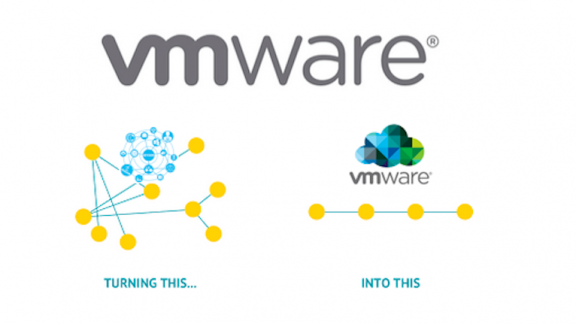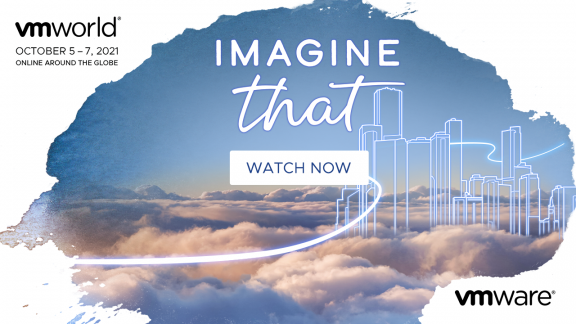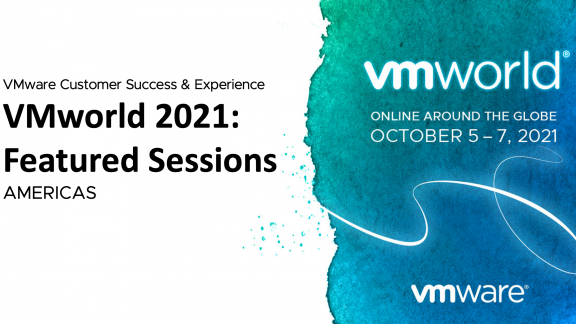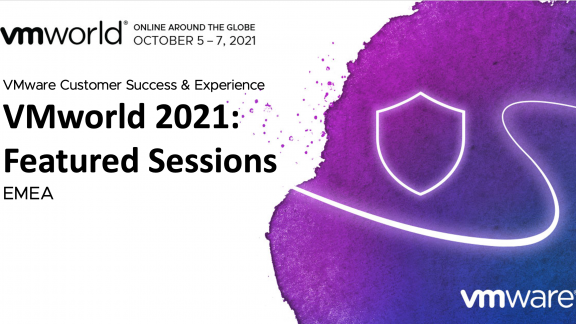by Christoper Janoch
I sat next to a senior sales executive from a large cellular reseller on the plane today, who was bitterly complaining about how mobile devices were complicating his life. He was carrying two cell phones, an iPad and a laptop—all with different applications and services—and he was struggling to access and email a document from one device that he had created on another. His struggle is not unique; studies show that over 52 percent of information workers use three or more devices for work.[1]
In another example from a recent client engagement, I was interviewing a remote office manager who was required by her office to carry two separate laptops—one for use in her client’s network environment (which she used for meetings, presentations and project scheduling), and one for her company’s native environment (which she used for resource management, corporate email and secure document access).
Both of these scenarios are a result of relying on single point solutions for application services and security. In the first example, the gentleman next to me had gone rogue—he was relying upon applications not supported by his company to be more productive. With the widespread availability of powerful mobile devices, it has become very easy to find, purchase and download software to enable flexibility for your personal user-computing environment. For every conceivable need it seems, “there is an app for that.” A survey of U.S. employees indicated that 27 percent of employees use do-it-yourself technology to increase capabilities and become more efficient.[2] And in response to the demand, the mobile applications market is expected to reach USD$ 33B by 2015.[3] And, a market that relies upon a patchwork system of different mobile device providers, software vendors, non-standard access methods and multiple storage points that makes data management troublesome and exasperating for the end user—to say nothing of the security challenges involved. Files become increasing scattered across multiple areas, yet they never seem to be where and when users need them.
In my second example, the office manager is sincerely attempting to comply with her firm’s security requirements, but multiple security access requirements have added to the complexity of her personal compute environment. Her email is available via the Internet, but corporate files can only be accessed through VPN. Her team collaborates through a cloud-based storage provider, but several of the applications she relies upon are SaaS-based, requiring different credentials and secure protocols. To make matters even more challenging, the client sites she frequents, restrict access to cloud providers and will not set up point-to-point VPN access for her occasional use. Her only options are to use separate on/off premise computer systems, and to rely upon a cellular card for remote VPN access (requiring yet another set of access credentials.)
Both working condition examples speak to the need for a platform-based solution—a holistic environment that offers enterprise-level services equivalent to popular point solutions and integrated security architecture to allow consistent access from anywhere.
VMware offers a comprehensive solution, VMware Horizon Workspace, that answers this challenge by offering a universal broker of services, extending two-factor identity authentication and single sign-on access to enterprise applications, corporate data storage and SaaS services. Horizon Workspace also works through common security protocols, so it can be accessed by any device type in any location. As an enterprise-class, aggregated workspace, it is also a comprehensive solution for IT management—by turning disparate operating systems, applications and data into centralized services that can be easily provisioned, managed, backed up, updated and secured with policy-driven access and delivery safeguards.
VMware Accelerate Advisory Services can help you define your end-user computing strategy through balanced transformation plans across people, process and technology. Visit our Web site to learn more about our offerings, or reach out to us today at: [email protected] for more information.
[1] Info Workers Using Mobile And Personal Devices For Work Will Transform Personal Tech Markets – A BT Futures Report (Forrester, 2012) by Frank E. Gillette
[2] Mobile Workers Use Personal Apps to Solve Customer Problems. Is IT Ready, Willing and Able to Assist? (Forrester commissioned report, 2012)
[3] Mobile App Internet Recasts The Software And Services Landscape – A BT Futures Report (Forrester, 2011) by John C. McCarthy
——–
Christopher Janoch is a business solutions architect for VMware Accelerate Advisory Services. Follow him on Twitter @cjanoch
Would you like to continue this conversation with your C-level executive peers? Join our exclusive CxO Corner Facebook page for access to hundreds of verified CxOs sharing ideas around IT Transformation right now by going to CxO Corner and clicking “ask to join group.”




